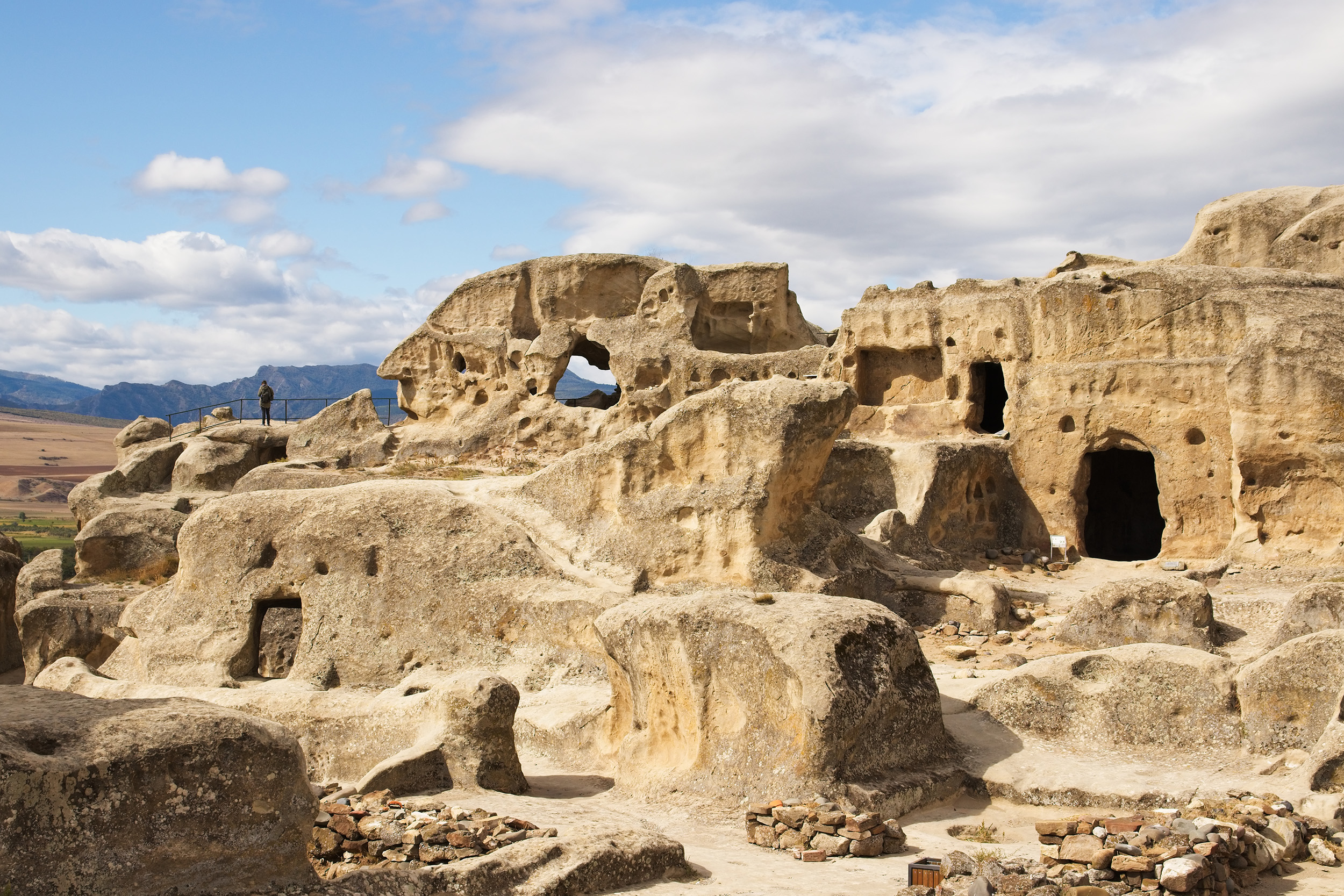Forgiveness in the Family: A Blueprint for Effectiveness (Part 2)
Have you ever dug in the yard to plant a tree, flower, or shrub? Did you find an old coin? A time capsule from a previous homeowner? The internet is full of stories about individuals unearthing hidden treasures or interesting finds during backyard projects. Even major land excavations will sometimes reveal captivating finds. Unfortunately, the stories of unearthed items are not always so exciting. Just as there are stories about rare coins, lost jewelry, and small treasures, there are also stories about discovered burial grounds, crime scenes, and horrible buried secrets.
These examples are eerily familiar, as if digging into someone’s family. For that matter, digging into our own family history can reveal fun facts about notable ancestors, interesting family links, or valuable family history. Just as digging in the ground can reveal a sad historical reality, delving into the family can unearth pain, dysfunction, secrets, and undesirable truths. These negative truths form the basis for so much discord, dysfunction, and disassociation in families.
As discussed in last month’s article, far too many families currently suffer from –
· Unresolved Problems: conflicts over material or monetary matters.
· Unexplained Problems: secrets that shatter peace and upset emotions.
· Unnecessary Problems: favoritism or mistreatment that has strained relationships.
How can families work through these difficulties? Healing can often appear as difficult as capturing a rainbow. Sometimes it seems within reach, while at other times it appears far beyond possibility. The problems can be so deeply ingrained in the psyche and emotions of family members that many of them may not be willing to put forth the effort to even try.
The Bible calls us to something people often dislike: forgiving those who wrong us. Consider Matthew 6:15, Ephesians 4:32, and Colossians 3:13. The instruction to forgive is clear, yet doing so is difficult. It demands extraordinary grace from ordinary people, and forgiveness involves not just the mind but the heart—our feelings can outweigh our thoughts.
Forgiveness can feel like letting someone off the hook for their wrongs. That may seem to invalidate our right to seek justice and to feel or express emotions. If those feelings include hurt, pain, discomfort, injustice, or insecurity, do we not have a right to such responses when wronged?
Here are a few thoughts that can help you understand why God places such emphasis on forgiving others.

1.We have been forgiven by God for so many things. As such, we cannot benefit from forgiveness and refuse to share it with others.
2. We will need forgiveness in the future for something. It is likely that it will be needed in the not-too-distant future.
3. We must remember that God’s justice is greater than our vindictiveness or revenge. It is not our role to determine the outcomes of those who have wronged us. That’s God’s work (ref. Romans 12:19).
4. We forgive so that we can experience the benefit of releasing ourselves from anger, bitterness, resentment, and other sinful effects upon our character.
5. We forgive so that we do not make innocent people pay for what guilty people have done. By holding on to the pain caused by others, it is easy to intentionally or unintentionally inflict that same pain (maybe even more) on others who are completely innocent of what or who hurt us.
6. We forgive because we want to be bigger than squabbles about material and monetary things. We want to be compassionate toward those who have hurt us, just as we need compassion from those we hurt.
7. We forgive because we believe that healing is worth the effort. Failure to heal not only adversely impacts our relationships with others, but it also hinders our relationship with God.
Broken families are unfortunate evidence of evil at work. While the enemy is busy, we must show that God is busier by living righteously. Someone must model God’s character and demonstrate that forgiveness can bring healing. Healing is vital because God made us for family. Broken families impact every part of society, correlating with challenges like school dropouts, addiction, depression, unwed pregnancies, divorce, and persistent dysfunction.
No family is perfect. Forgiveness helps.
WRITTEN BY:
Conley Gibbs, Jr., Minister Gateway Church of Christ, St. Louis, MO.
gatewaycoc@outlook.com







